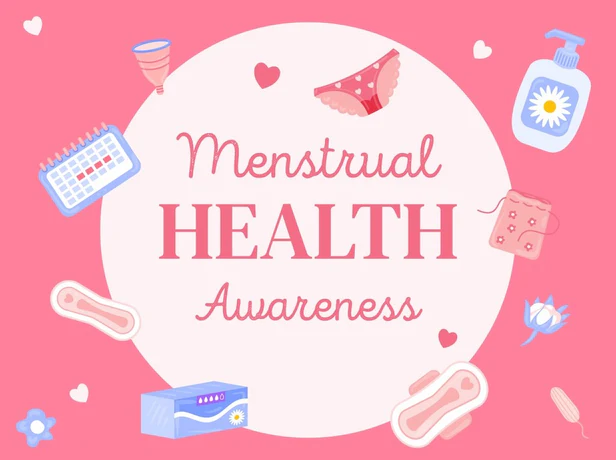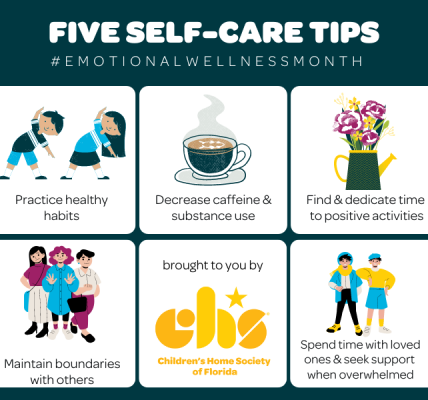Menstrual health is an important aspect of women’s overall health and well-being. It encompasses the physical, emotional, and social aspects of menstruation.
Understanding the Menstrual Cycle
The menstrual cycle is a complex process regulated by hormones. It typically lasts about 28 days and involves four phases:
- Menstruation: The shedding of the uterine lining.
- Follicular Phase: The development of an egg in the ovary.
- Ovulation: The release of the egg from the ovary.
- Luteal Phase: Preparation of the uterus for pregnancy.
Menstrual Health Issues
Many women experience menstrual health issues, including:
- Menstrual Cramps: Painful cramps during menstruation.
- Heavy Bleeding: Excessive menstrual bleeding.
- Irregular Periods: Inconsistent menstrual cycles.
- Premenstrual Syndrome (PMS): Physical and emotional symptoms before menstruation.
- Premenstrual Dysphoric Disorder (PMDD): A severe form of PMS.
- Endometriosis: A condition where tissue similar to the uterine lining grows outside the uterus.
- Polycystic Ovary Syndrome (PCOS): A hormonal disorder affecting ovulation and causing irregular periods.
Managing Menstrual Health
- Pain Relief: Over-the-counter pain relievers like ibuprofen or naproxen can help alleviate menstrual cramps.
- Healthy Diet: A balanced diet rich in fruits, vegetables, and whole grains can help regulate hormones.
- Regular Exercise: Physical activity can reduce menstrual pain and improve overall health.
- Stress Management: Techniques like yoga, meditation, and deep breathing can help manage stress and PMS symptoms.
- Menstrual Products: Choose sanitary products that are comfortable and absorbent.
- Seek Medical Advice: If you experience severe or persistent menstrual problems, consult a healthcare provider.
By understanding the menstrual cycle and addressing any underlying issues, women can improve their menstrual health and overall well-being.




